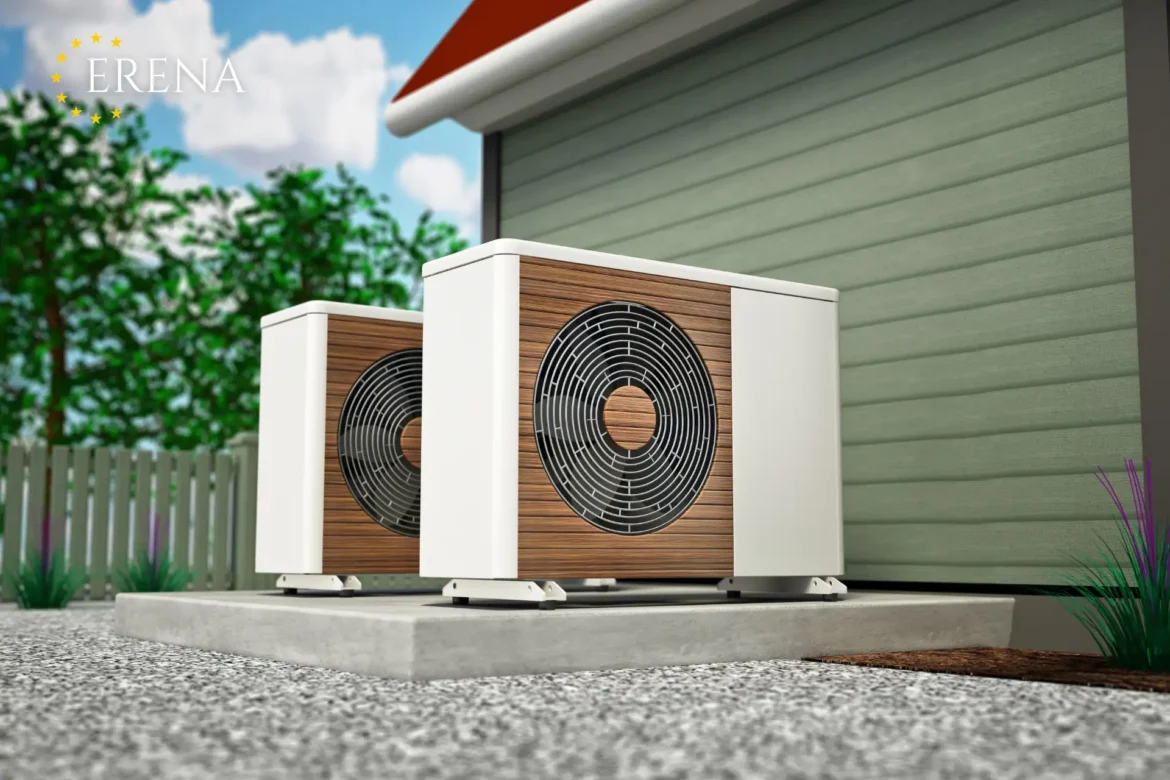Energy efficiency and sustainability are becoming key priorities for households in Germany. Against this backdrop, heat pumps are gaining popularity as an effective and eco-friendly solution for home heating. But who stands to benefit the most from this technology, and what economic and technical considerations should be kept in mind?
How Do Heat Pumps Work?
Heat pumps harness energy from the surrounding environment—air, ground, or water—and convert it into heat to warm your home or provide hot water. The system works by using a refrigerant that absorbs low-temperature energy, which is then compressed to increase its temperature before being distributed as heat. This process requires minimal electricity, making heat pumps cost-effective and less reliant on traditional energy sources like gas or oil.
Who Benefits Most?
1. Owners of New Homes
Heat pumps are an ideal solution for new buildings that meet modern energy efficiency standards. These homes are often well-insulated and use low-temperature heating systems like underfloor heating. As a result, heat pumps operate at peak efficiency, reducing heating costs by 30–50% compared to conventional systems.
2. Owners of Renovated Older Homes
Older homes, especially those built before the 1990s, can also benefit from heat pumps after undergoing significant upgrades. Installing new windows, improving insulation, and transitioning to low-temperature heating systems can greatly enhance energy efficiency. In such cases, a heat pump can significantly lower heating costs while maintaining comfortable indoor temperatures.
3. Owners with Solar Panels
Combining heat pumps with solar panels offers substantial savings. Self-generated electricity can significantly reduce operational costs. During sunny periods, excess energy can power the heat pump, making the system almost self-sufficient and even more eco-friendly.
4. Owners of Large Properties
Heat pumps are also well-suited for large properties, such as multi-family buildings or commercial spaces. High energy consumption in these settings allows for faster return on investment due to significant savings on utility bills.
Costs and Payback
The initial cost of installing a heat pump varies depending on the type of system:
• Air-to-air heat pump: €10,000–15,000
• Air-to-water heat pump: €12,000–18,000
• Geothermal heat pump: €20,000–30,000
Although the upfront investment may seem high, Germany offers subsidy programs that cover 35–45% of the total project cost. These incentives make heat pumps more accessible to a broader audience.
Example Calculation
Let’s consider a 150 m² house with an annual energy consumption of about 20,000 kWh:
1. Current costs:
o Gas heating: around €2,500 per year
o CO₂ tax: about €200 per year
2. After installing a heat pump:
o Electricity costs: around €1,200 per year
o Subsidy: €7,000 (for a €20,000 project)
o Annual savings: approximately €1,300
3. Payback period:
o Net project cost after subsidy: €13,000
o Annual savings: €1,300
o Payback time: roughly 10 years
After this period, the household begins to realize pure financial savings.
Advantages of Heat Pumps
• Eco-friendliness: Using renewable energy sources significantly reduces the carbon footprint.
• Long-term savings: Despite the high initial investment, operating costs are considerably lower.
• Price stability: Heat pump owners are less affected by fluctuations in gas and oil prices.
• Increased property value: A modern, energy-efficient heating system boosts the market value of a home.
Potential Challenges
• High upfront costs: Without subsidies, heat pumps may be financially inaccessible for some homeowners.
• Infrastructure upgrades: Older homes often require additional investments in insulation and heating systems.
• Climate dependency: In regions with harsh winters, heat pump efficiency may decrease.
Conclusion
Heat pumps are a forward-looking investment for homeowners seeking sustainability and long-term savings. They are particularly beneficial for new and renovated homes as well as for properties equipped with solar panels. With government subsidies helping to offset initial costs, this technology becomes more accessible. Before installation, it’s essential to conduct a detailed analysis to evaluate the financial and environmental benefits for your specific property.
Heat Pumps in Germany: Who Can Benefit?
801

